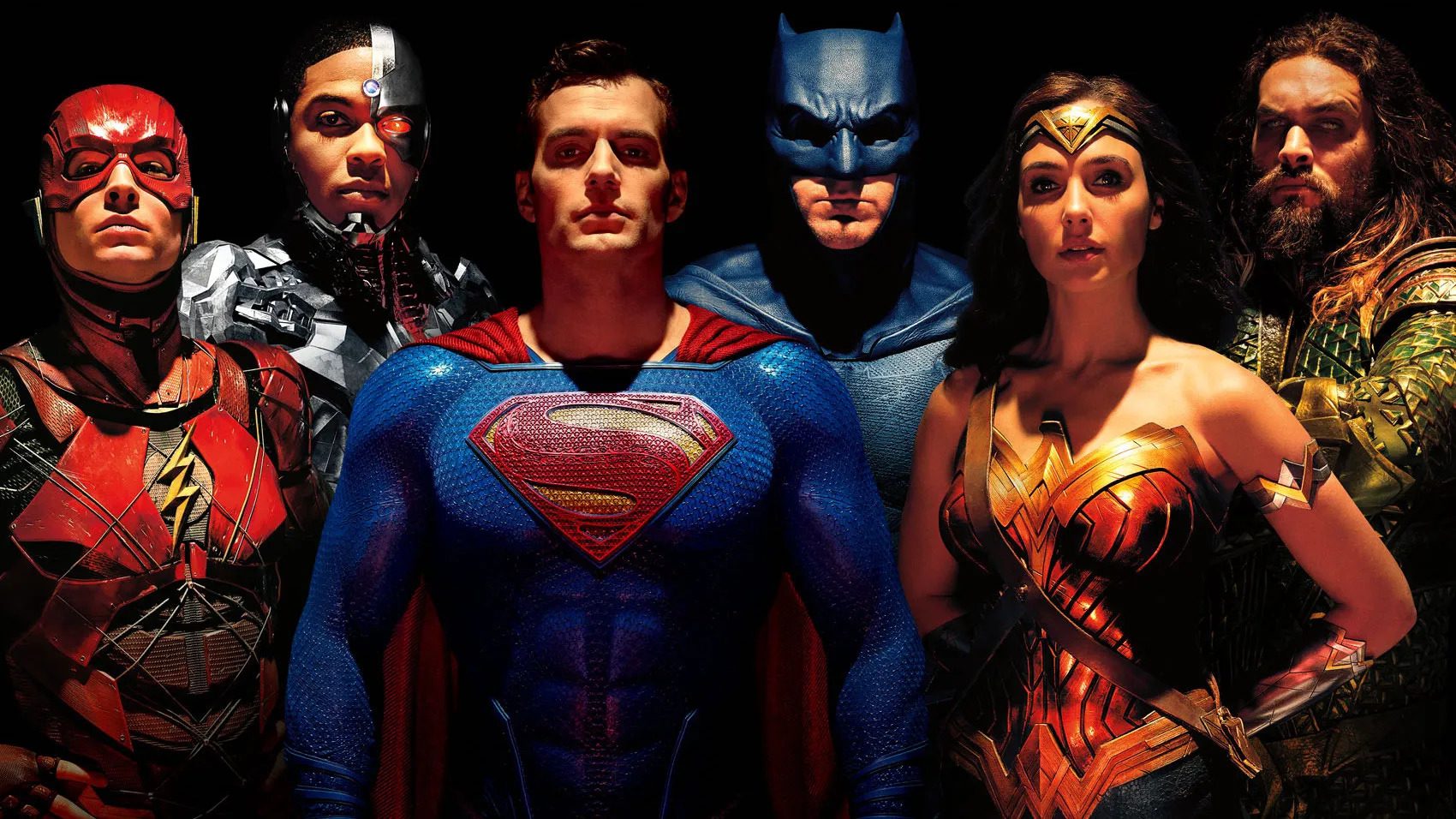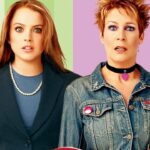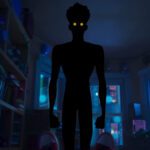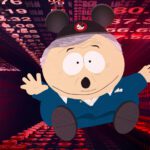Former DC Entertainment President Talks DCEU Problems
A former DC Comics executive is getting honest about the problems with Warner Bros. and the DCEU. Diane Nelson was president of DC Entertainment – the Warner Bros. subsidiary that runs DC Comics and the various forms of entertainment featuring DC characters – from its inception in 2009 through 2018. In an episode of “With Great Power: The Rise of Superhero Cinema,” a series on superhero movies from The Wall Street Journal’s podcast The Journal (via Bleeding Cool), Nelson spoke candidly about her time at DC Entertainment, and she says some fascinating things about the DCEU, sharing some insights into why it never took off the way the Marvel Cinematic Universe did.
“We were not a standalone studio the way Marvel was. They were a freestanding studio with their own production budgets and their own production staff. They were really charting their own course, and they did an amazing job of it. The fans assumed that we at Warner Bros., were replicating the organizational structure of Marvel. In fact, we did not, and it was quite intentional.”
“I don’t know that there was an appreciation for the extent to which the DC team really just had a seat at the table. We would have the heads of each of the relevant businesses and DC to talk about DC-related issues, including our slate of films and TV shows, video games, and so forth. But DC was not the one leading that charge. And honestly, I’m not sure there was anyone leading that charge. It just wasn’t the culture of Warner Brothers to dictate a particular strategy.”
“The idea of a slate just felt like window dressing. The bottom line is, there was never a thoughtful, well-controlled, confidential slate process, and I think it’s the single biggest thing that made us look amateurish, certainly relative to Marvel, if not just on its own.”
I think that explains a lot of the problems with the DCEU. Despite what looked like a certain amount of symmetry – the same actors playing the heroes across multiple films, team-up movies, Zack Snyder’s involvement with three of the films – there was no overarching plan, no storyline charted out to guide the individual movies. It’s another instance of a studio wanting to replicate Marvel’s success without doing the hard work. You can tell by the movies; it wasn’t foundational or based on story or character arcs, but an executive saying, “Give us our Avengers!”
That extends to having a central figure like Kevin Feige running the show. I think everyone outside of Warner Bros. assumed that was Zack Snyder, but Nelson tells a different story:
“Unless there were meetings that happened that no one told me about, which is possible, I don’t know that there was ever any conversation where it was decided that Zack would be leading the DC slate for any particular period of time. So even if it wasn’t a conscious decision that Zack Snyder was our Kevin Feige, from a consumer standpoint, that’s kind of what happened for a while there.”
I’m sure that’s true, but Warner Bros. was certainly happy to let DC fans think Snyder was in charge. There was never any pushback or clarification while the public was referring to the DCEU as the Snyderverse. That’s dirty pool, and whatever my opinions of his DC films, they had a lot of nerve complaining when fans attached the DCEU to Snyder and got mad when he was ousted. And doing things like releasing the Snyder Cut of Justice League made it even more confusing. Nelson seems to categorize the Snyder Cut as the lesser of two evils, calling the theatrical version “the Frankenstein cut” and saying the Snyder Cut was preferable despite being “darker-than-I-wanted [and] longer-than-I’d hoped-for.”
As for what she thinks Warner Bros. should have done differently, Nelson says:
“I certainly think that DC would have benefited, the company would have benefited, much more strongly, had DC been its own independent entity with its own ability to mandate and set a slate and a vision for its properties. Whomever ran it, it needed to report to the CEO, and it, I believe, should have been set up independently, the way Marvel was, with its own budgets and so forth.”
And that’s what they’re doing now, with James Gunn and Peter Safran acting as co-CEOs of the newly formed DC Studios. In light of Nelson’s story, this seems like a cultural change at Warner Bros., realizing that the old way of thinking – which, to be fair, is probably in line with the way most studios run things – didn’t serve their goals with DC. Under those conditions, the better approach would have been to forgo a shared universe and have the DC movies continue to be standalone stories. Sure, you miss out on big events like The Avengers, but you also allow for movies like The Dark Knight and Superman and Snyder’s Watchmen, singular visions from individual filmmakers. Perhaps that was the way to present the DC movies as an alternative to Marvel rather than just going darker. We’ll see how DC Studios works out, but I wonder if it sticks in Nelson’s craw that they’re finally doing this after she left.







